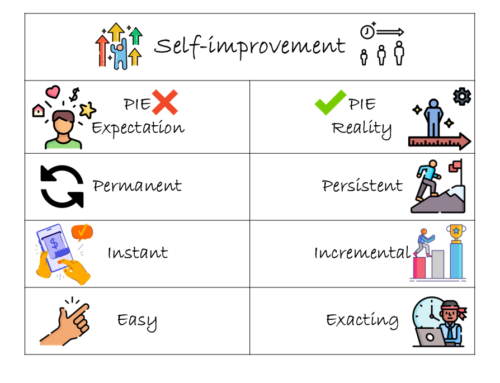When infants feel thirsty, they cry, not knowing what’s wrong. Mothers understand and give their babies water. As the toddlers grow up, they too understand and learn to remove thirst with water.
Just as our bodies thirst for water, our hearts thirst for happiness. Unfortunately however, neither we nor the people around us know how this thirst is to be satisfied. Worse still, our culture misleads us into believing that poison will quench our thirst. Ads, billboards and magazines all tell us that happiness is to be found in sensual pleasures. The subtext of such propaganda is that even if these pleasures happen to be immoral, that doesn’t matter; all that matters is that we enjoy.
Even if enjoyment were all that mattered, still the message is misleading. Why? Because our bodily capacity to enjoy sensual pleasures is limited – and will always remain so, no matter what anyone does. Sensual indulgences offer just a few drops of pleasure, drops that can never quench our thirst for lasting and fulfilling happiness.
Just as a mother teaches an infant how to quench thirst, scripture being like our mother teaches us how to quench our thirst for happiness. We are all eternal souls who can find everlasting happiness in spiritual love for Krishna.
And like a caring mother, scripture also cautions us against mistaking poison to be water. The Bhagavad-gita (18.38) declares that passionate pleasures become like poison in the end. Sensual indulgences being centered on the body seal our bodily misidentification. This not only deprives us of the unending happiness available at the spiritual level. It also subjects us to the poison of multiple miseries as our bodies become sick, deteriorate and perish.
Isn’t it time to grow up and learn from our mother how to quench our thirst for happiness?
Bhagavad Gita Chapter 18 Text 37
“That which in the beginning may be just like poison but at the end is just like nectar and which awakens one to self-realization is said to be happiness in the mode of goodness.”


Leave A Comment